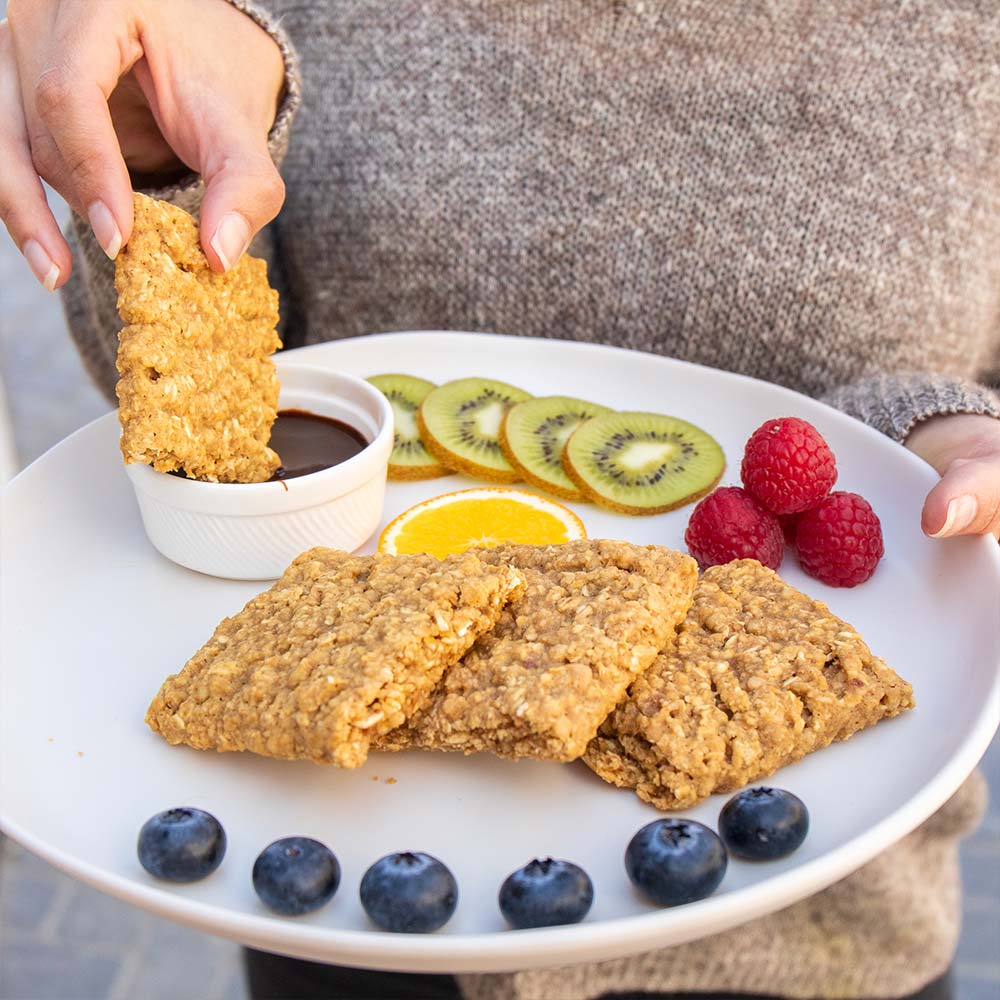When it comes to gaining muscle, most folks pay attention to
the amount of weights they lift and the meals that they take. While these are
critical components, there’s another often-overlooked factor that plays a huge
role in muscle growth: hydration. It is therefore important that one take a lot
of water as this helps in the overall health of the body including the
muscle-building progress. Every serious muscle-building diet must have a clear
plan when it comes to fluid consumption.
About 60% of the average human body weight is water, and
water performs several essential roles in the organs and muscles including
acting as a medium for numerous metabolic processes and muscle contractions,
during glycogen synthesis and transport and glycogenolysis for energy
production. Nevertheless, people who would like to become athletes, as well as
regular people who are interested in their health, often ignore the proper
hydration levels. It is now time to explore the role of water in your muscle
building diet plan and why it should form part of your workout plan.
The Basics of Muscle Building
Now before venturing into seeing how hydration works, let’s
understand how muscle building works. Hypertrophy is the process of muscle gain
and always accompanies stress in your muscles such as situations where you are
exercising with weights during body building. This stress leads to microdamage
in the muscle fibers of the body. During the recovery process, one likely finds
that holes are created within the muscles and the body fuses them back along
with adding muscle mass and density.
To feed this process, the body requires a constant supply of protein, carbohydrates, fats and other nutrients that will be imported through the diet. This is why a balanced diet plan is very important when it comes to planning for a muscle build-up programme. However, most do not know, that water also plays a major role in sustaining this process, just as it does in other life-sustaining processes.
The Role of Water in Muscle Function
Water plays a central role in meeting the body’s fluid needs, keeping circulation going and cooling down. When it comes to muscles, water is crucial for a variety of reasons:
1. Muscle Contraction: Muscles require electricity to
contract and water plays an important part in making sure signals get through.
The process of pH regulation may be affected by its failure this case
precipitating muscle cramps and muscle weakness.
2. Nutrient Transport: Blood contains water and it
transports nutrients to your muscles in the form of amino acids from protein
and glucose from carbohydrates. If you are dehydrated your muscles cannot get
the nutrition that they require to build and recover.
3. Waste Removal: When exercising the body produces some
by-products such as the lactic acid that is usually found in muscle tissues.
These substances are eliminated from the body through urine and water aids in
the process thus decreasing muscle pains and increasing recovery.
How Dehydration Affects Muscle Development
This means that, no matter how slight, dehydration can knock a serious dent into your muscle-building plan. Here’s how:
1. Decreased Strength and Endurance
Your muscles do not get the nutrition and oxygen they need
when your body lacks water, a common situation we humans call being thirsty.
This causes a decline in muscle bulk and power and thereby reduces one’s
capacity to perform as regards exercises. There is research that suggests that
even a 2% loss of body weight through water reduces performance.
2. Impaired Protein Synthesis
Protein synthesis is the process by which proteins in muscle
tissues are effectively used to build muscles in your body. This in turn can be
slowed down due to dehydration so your muscles never gain back the strength
they need as fast after a workout. In the long run, this is counterproductive
in building the muscles.
3. Increased Risk of Injury
Water is capable of reducing friction on your joints and
tissues. If you have been dehydrated for instance if you have been running for
some time, your joints for example your knees will feel like they have been
locked and your muscles will be more sensitive to being strained. This not only
hampers your performance but also raises your chances of an injury that will
slow down your muscle-building efforts.
4. Slowed Metabolism
Water is used in sustaining your body's metabolism, which is
the process of breaking food into energy that the body uses. When dehydrated,
the metabolic rate is reduced and so is the rate necessary to burn fat and
develop lean muscles. This is made even more crucial for people who are into
building muscles while at the same time trimming their belly fat.
How Much Water Do You Need?
Water intake depends on age, size, level of activity, and
climate of the region you live in. A good guideline that most experts agree on
is to ensure that you take at least 8-10 glasses of water per day (at least
200-2500ml). In the case of such persons, who are physically active, this
amount should be added to its current level to contain the portion sizes.
To avoid dehydration it is advisable to take water before
exercising, while exercising and after exercising. A good rule is to consume
about 500 ml of water two hours before exercise; continue to drink water during
the session and again post-exercise.
Signs of Dehydration
One has to be alarmed to look out for dehydrating features, these tips should help one prevent it before it hampers his or her performance. Common signs include:
- Dry mouth and lips
- Thirst
- Dark yellow urine
- Fatigue
- Headache
- Dizziness
These are the indications it is time to drink more water if
you have any of these symptoms. If you want to follow this type of approach,
make sure you carry a water bottle with you wherever you go and set hourly
reminders to drink some water.
Optimizing Hydration for Muscle Building
Now that you understand the importance of hydration, here
are some practical tips for incorporating it into your muscle-building routine:
1. Start Your Day with Water
Your body is also for example a bit dehydrated after the night
of sleep. You need to maintain a good digestive system hence you have to begin
your morning by taking a glass of water to wash and kick-start your metabolism.
This puts a good base for the rest of the day.
2. Drink Water with Every Meal
Taking water side your foods helps in digestion and also the
nutrition moves to the muscles. It assists in replenished water loss in your
body all through the day, thus preventing water losses during times of
exercise.
3. Hydrate Before, During, and After Workouts
As stated above it is very important that you ensure that
your body is well hydrated especially as you train. Taking water before
exercising helps to prepare your muscles for great performance. Drinking water
during the exercise session replenishes the body's lost water and the taking of
water after the exercise session is a way of rebalancing.
4. Include Hydrating Foods in Your Diet
Water is not the lone way to get your supply of H2O – there
are quite several foods as well which contain water. Watermelon, oranges,
strawberries, cucumber, lettuce, and celery are some of the best foods to
include when you want to hydrate the body. Taking these into consideration will
assist you to maintain your body water and concurrently build muscles while
keeping this in mind.
5. Monitor Your Water Intake
Tracking the amount of water you consume daily, is very
instrumental. If you find it hard to take water often, you can install an
application or use a bottle that has ppm on it. It may also make it easier to
keep track of yourself and make you conscious of your drinks intake.
6. Adjust Hydration Based on Activity Level and Climate
If you live in a hot climate, or if you exercise
strenuously, you will need to replace the lost fluids thereby consuming more
water. Likewise, when you are losing lots of sweat, you should also replace
minerals such as sodium and potassium which play a vital role in our muscles.
The Science Behind Hydration and Muscle Building
To truly appreciate the importance of hydration in muscle
building, let’s look at some scientific studies:
Research conducted in the Journal of Strength and
Conditioning Research revealed that a dehydrated athlete has lower muscle
strength than an athlete with water in her or his body. This goes a long way in
explaining how being hydrated has an instant effect on physical performance
thus muscle mass.
A paper from The American Journal of Clinical Nutrition
concluded that dehydration slows down the process of protein breakdown – a
major process in muscle repair and building. The researchers established that
adequate water intake should be seen as a condition if one is to have a smooth
muscle-building process.
Other studies also say that if one is dehydrated, cortisol
the stress hormone that causes tissue to break down as well as slows down
muscle recovery may be higher. Proper hydration prevents high cortisol levels
hence enabling your muscles to build as well as recover from any training
sessions.
Conclusion
Drinking water is a factor that is inevitably excluded from
muscle-building diets but should be integrated into one’s diet. Water is
essential for muscle contractions, strength and endurance, muscle repair and
recovery, and helps also to increase your metabolism. Lack of water consumption
over time puts a lot at risk and hinders your progress even if you diligently
work out.
For the best results related to muscle buildup, don’t forget
that water is one of your best allies. First of all, make sure you take
sufficient water throughout the day, especially in the hours when you practice
strength training. Include foods that make you intake water in your diet and
ensure you drink a lot of water depends on your activities and the climate. If
you would like to build great muscles and enjoy a healthy and energetic life,
you should always stay well-hydrated.






























